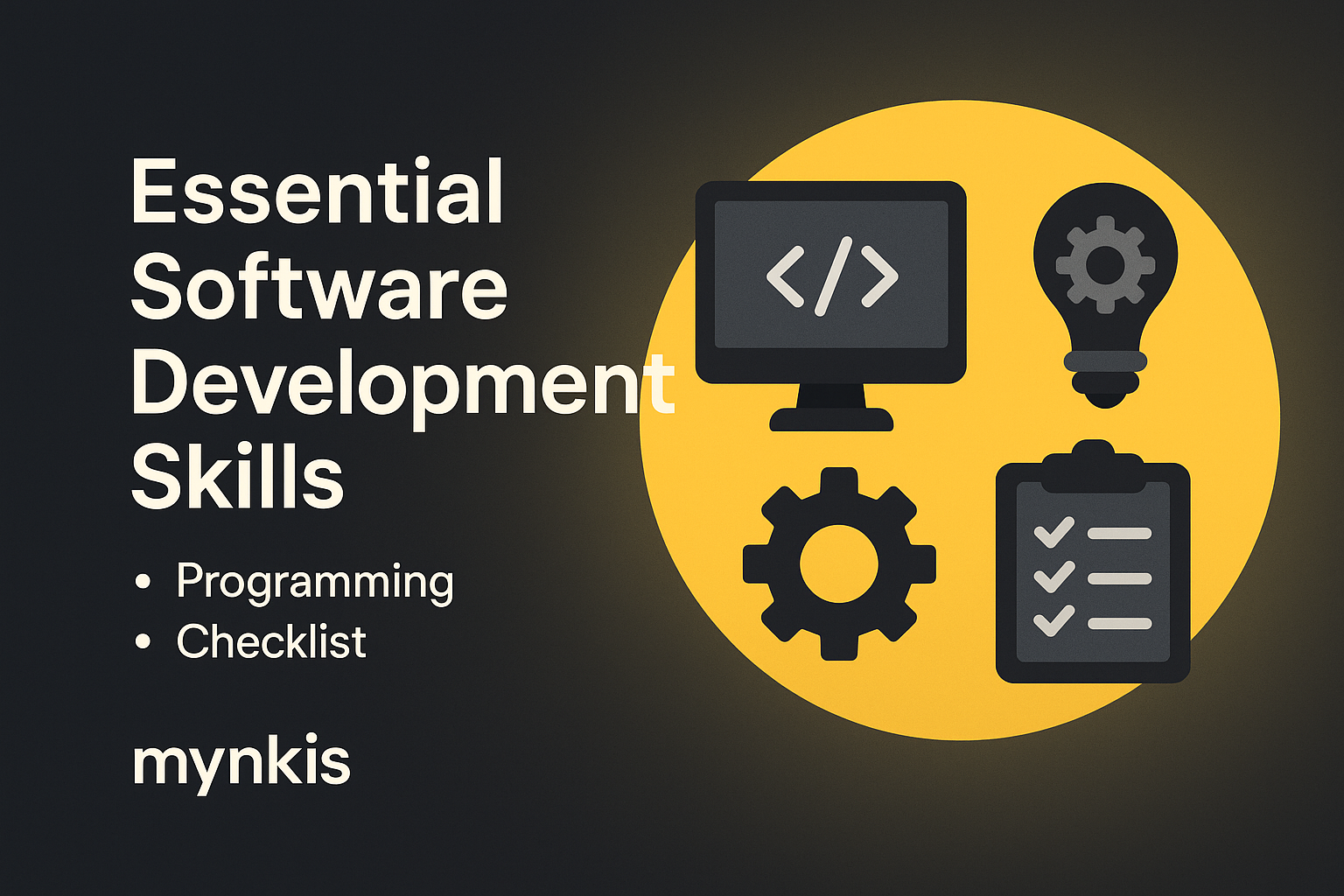Schedule a Demo
Effective software development is akin to crafting a piece of art. It's not just about writing code; it's about creating solutions that are efficient, maintainable, and above all, user-centric. In the realm of custom software development, the ability to transform complex problems into simple, elegant solutions is a skill that separates the good from the great.
At the core of every successful software project lies a strong foundation in programming languages. Languages like Python, JavaScript, and Java are essential tools for any developer looking to excel in enterprise web solutions. But it's not just about knowing the syntax; it's about understanding how to use these languages to create robust, scalable applications.
I've worked with numerous operations managers who are always looking for ways to optimize their booking-enabled websites. The key to achieving this often lies in the developer's ability to solve complex problems. Whether it's optimizing a database query or improving the user experience, a great developer approaches each challenge with a blend of creativity and logical thinking.
Software development is rarely a solitary pursuit. In the world of enterprise solutions, teamwork is crucial. A developer must be able to communicate effectively with designers, project managers, and other stakeholders. The ability to explain technical concepts in a way that non-technical team members can understand is vital for the success of any project.
The tech industry is constantly evolving, and staying relevant requires a commitment to continuous learning. Whether it's keeping up with the latest trends in custom software development or mastering a new programming language, a successful developer is always learning. This dedication to self-improvement not only enhances individual skills but also contributes to the overall success of the team.
In the world of software development, certain keywords can open doors and expand opportunities. Here are some essential keywords that every developer should have in their toolkit:
Once a developer has honed their skills and filled their toolkit with relevant keywords, the next step is to put these skills to work. In my experience, the most successful projects are those where developers take ownership of their work. From writing clean, efficient code to ensuring that the user experience is top-notch, every aspect of the project reflects the developer's commitment to quality.
For developers looking to enter or advance in the job market, understanding the skills and keywords that employers value can be incredibly helpful. According to a recent report by Gartner, proficiency in cloud computing and machine learning is increasingly in demand. Tailoring your resume and portfolio to highlight these skills can significantly enhance your job prospects.
While technical skills are essential, soft skills often play a crucial role in a developer's success. Communication, time management, and the ability to work well in a team are all skills that can enhance a developer's effectiveness. In my work with c-level executives, I've seen how developers with strong soft skills are often valued as much for their interpersonal abilities as for their coding prowess.
One of the challenges developers face is balancing creativity with pragmatism. While it's important to think outside the box and come up with innovative solutions, these solutions must also be feasible and cost-effective. This balance is particularly important in the world of enterprise web solutions, where stakeholders are often looking for both innovation and practicality.
To stay competitive in the field of custom software development, it's essential to stay ahead of the curve. This means keeping an eye on emerging technologies and trends, such as the rise of serverless architecture or the increasing importance of cybersecurity. By staying informed, developers can anticipate the needs of their clients and deliver solutions that are both cutting-edge and reliable.
Mentorship can play a significant role in a developer's career. Having a mentor who can provide guidance, feedback, and support can help a developer navigate the challenges of the industry. Whether it's through formal mentorship programs or informal relationships, the insights gained from experienced professionals can be invaluable.
For developers looking to showcase their skills, building a strong portfolio is essential. A portfolio that includes a variety of projects, from custom software development to enterprise web solutions, can demonstrate a developer's versatility and expertise. In my experience, a well-curated portfolio can make all the difference when it comes to landing new opportunities.
As we look to the future, the field of software development is set to continue its rapid evolution. From the increasing importance of AI and machine learning to the growing demand for sustainable and ethical tech practices, there are countless opportunities for developers to make a positive impact. By staying committed to learning and growth, developers can help shape the future of technology.
In the world of software development, the journey is as important as the destination. By focusing on honing your skills, embracing continuous learning, and staying ahead of industry trends, you can not only build a successful career but also contribute to the creation of innovative, user-centric solutions. As you navigate this exciting field, remember that every line of code you write has the potential to make a difference.
